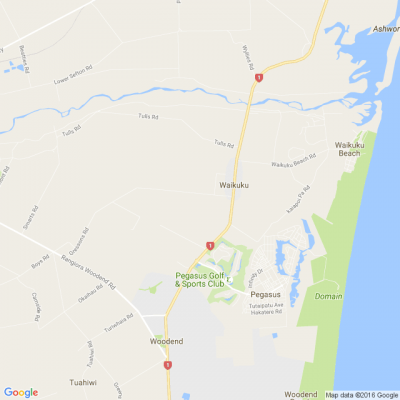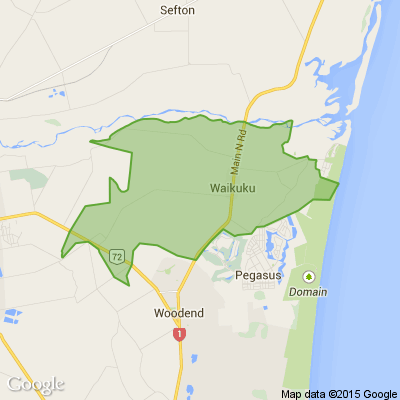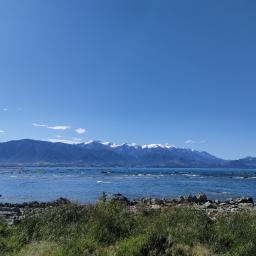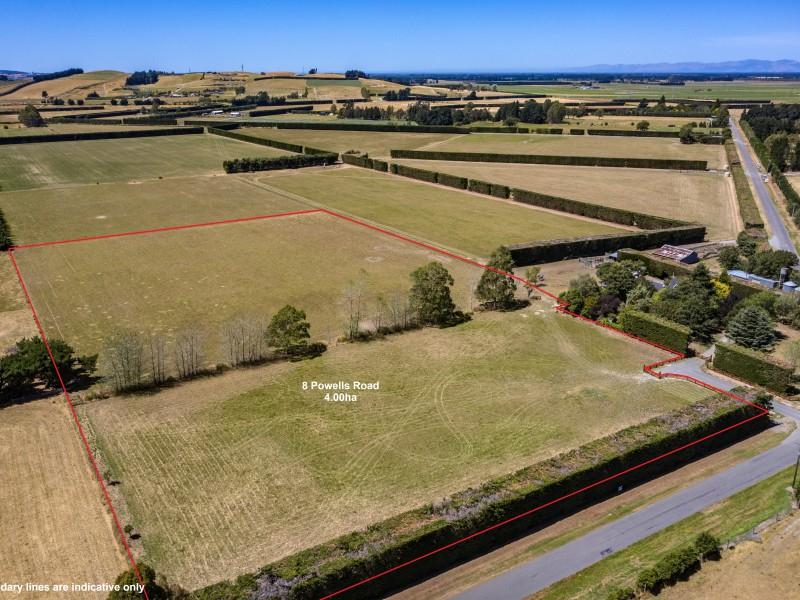Canterbury’s ‘neglected’ coastline needs greater protection – conservationists
By David Hill, Local Democracy Reporter
Conservationists say Canterbury’s coastline has been neglected for too long and it's time for a "complete overhaul" of the regional council's plan to protect the marine environment.
Te Korowai o Te Tai ō Marokura, an organisation that protects Kaikōura’s marine environment and fisheries, has been advocating for an updated environmental plan for some time.
Secretary Gina Solomon said the council’s focus on freshwater has seen it ‘‘neglect’’ the marine environment.
‘‘It needs a complete overhaul and I don’t think Canterbury is doing much in the biosecurity or invasive species space.’’
Her comments come after Environment Canterbury voted last week to look into what was needed to review the Canterbury Regional Coastal Environment Plan.
The plan was adopted in 2005 and aims to promote the sustainable management of the Canterbury coast.
Councillor Genevieve Robinson, who put forward the motion to review the plan, said it no longer reflected the direction or intent of the New Zealand Coastal Policy Statement, which guides local authorities on managing the coastal environment.
Kaikōura Zone Committee chairperson Ted Howard, a conservationist with 30 years experience in commercial fishing, said a review was long overdue.
‘‘It has been on and off the books for a while and it has been delayed three times since I’ve been involved.’’
Greenpeace Aotearoa oceans campaigner Ellie Hooper said regional coastal plans played an important part in protecting the health of ocean systems.
New Zealand’s coastlines faced risks from pollution, sedimentation and ‘‘destructive fishing’’.
‘‘In New Zealand and around the world, we are in an ocean crisis with species being pushed to the brink due to human activities.’’
Polling by Greenpeace showed New Zealanders were concerned about the impacts fishing on the ocean.
She said commercial fishing was endangering Hector’s dolphins, seabirds, fur seals and corals.
‘‘You’ve got the direct impacts of fishing, things that are caught in the process that aren’t the target, and then you’ve got the impacts of commercial fishing taking so much fish out of the water that creatures like fur seals are unable to feed themselves.
‘‘It is abhorrent.’’
Department of Conservation (DOC) marine species manager Malene Felsing said regional coastal plans are important tools for managing the coastal and marine environment, and DOC would be happy to help with any review process.
DOC has created a management plan to reduce the threats to Hector’s and Māui dolphins.
Fisheries New Zealand fisheries management director Emma Taylor said marine mammals and seabirds were ‘‘precious taonga to New Zealand’’.
The agency worked closely with local councils, DOC, the fishing industry, iwi, and local communities to look after the country’s coastlines.
The South Island Hector’s Dolphin Bycatch Reduction Plan has been developed and outlines regulatory and voluntary measures designed to reduce the Hectors’ dolphin bycatch towards zero.
Measures include restrictions on fishing, with about 17,650sqkm of South Island coastline closed to set netting.
About 6988sqkm of trawl measures are also in place, Taylor said.
‘‘This includes the Canterbury coastline, which has a set-netting ban out to at least four nautical miles, and up to 19 nautical miles at Pegasus Bay.’’
Robinson’s motion called for the ban to be extended to six nautical miles, or just over 11km from the coastline.
■ LDR is local body journalism co-funded by RNZ and NZ On Air.
Booster seat
Help family arrived but forgot there booster seat. Anyone out there we could borrow one for 9 days
⚠️ DOGS DIE IN HOT CARS. If you love them, don't leave them. ⚠️
It's a message we share time and time again, and this year, we're calling on you to help us spread that message further.
Did you know that calls to SPCA about dogs left inside hot cars made up a whopping 11% of all welfare calls last summer? This is a completely preventable issue, and one which is causing hundreds of dogs (often loved pets) to suffer.
Here are some quick facts to share with the dog owners in your life:
👉 The temperature inside a car can heat to over 50°C in less than 15 minutes.
👉 Parking in the shade and cracking windows does little to help on a warm day. Dogs rely on panting to keep cool, which they can't do in a hot car.
👉 This puts dogs at a high risk of heatstroke - a serious condition for dogs, with a mortality rate between 39%-50%.
👉 It is an offence under the Animal Welfare Act to leave a dog in a hot vehicle if they are showing signs of heat stress. You can be fined, and prosecuted.
SPCA has created downloadable resources to help you spread the message even further. Posters, a flyer, and a social media tile can be downloaded from our website here: www.spca.nz...
We encourage you to use these - and ask your local businesses to display the posters if they can. Flyers can be kept in your car and handed out as needed.
This is a community problem, and one we cannot solve alone. Help us to prevent more tragedies this summer by sharing this post.
On behalf of the animals - thank you ❤️

Merry Christmas From Us to You!
Sending warm Christmas wishes to you and your family from all of us at Harcourts Four Seasons. May your holiday season be filled with joy and happiness!
🎄✨🎅










 Loading…
Loading…


















